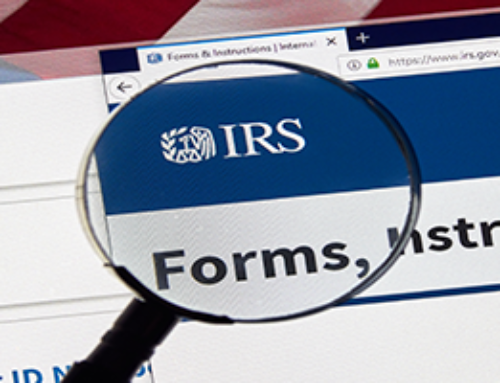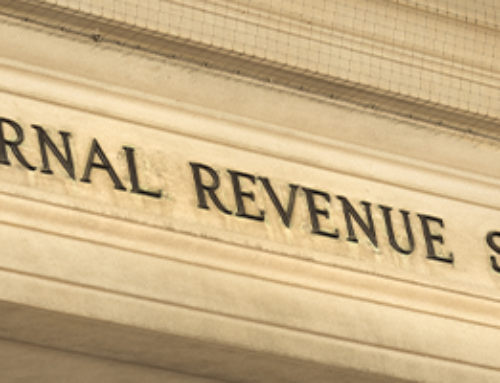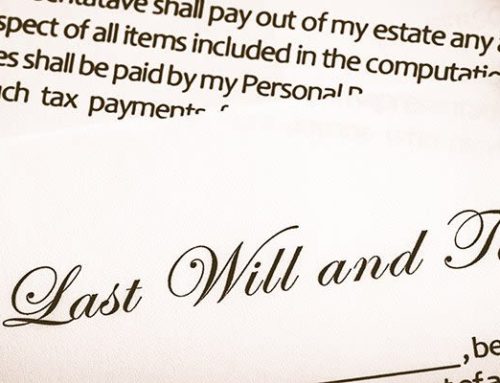Credit card debt continues to grow in the United States, with balances reaching $900 billion by the end of 2018, according to the Consumer Financial Protection Bureau. The agency’s latest report says 28% of people with credit card debt have been turned over to debt collectors.
Statistics show the average U.S. household has $15,000 in credit card debt, including at least one card with a balance of $5,700, the highest amount in a decade. Card balances have been at historic lows after the 2009 recession but have now surpassed pre-recession levels.
Paying Off Your Credit Card Debt in Four Steps
The financial website NerdWallet says dealing with overwhelming credit debt requires a hands-on approach, including:
-
Find a payment strategy: Pay more than the minimum amount on your statement and use strategies, such as the “debt snowball” where you prioritize paying off the cards with the smallest balances, or the “debt avalanche” where you pay off the cards with the largest amounts first. Selecting automatic payments is another way to ensure you continue to make payments.
-
Debt consolidation: High interest rates can bury many people with credit card debt. Consider applying for a 0% balance transfer card with an introductory period of 15 to 18 months and put all your debt on that account. Personal loans may also be an option.
-
Work with creditors: Reach out to credit card companies and negotiate payment terms, such as lower payments or reduced annual percentage rates (APR). Some are willing to offer longtime customers a break.
-
Consider other options: If you are unable to keep up with payments despite your best efforts, look at alternatives, such as nonprofit consumer counseling agencies that will devise a debt management plan for a monthly fee.
Legal Guidance Can Help Restore Your Financial Well-Being
For many households, debt settlement plans, where creditors agree to accept less than you owe, or bankruptcy can be the best solutions to eliminate overwhelming debt. An experienced bankruptcy attorney here in New Jersey will help you explore the best options for your situation and work to restore your financial independence.





